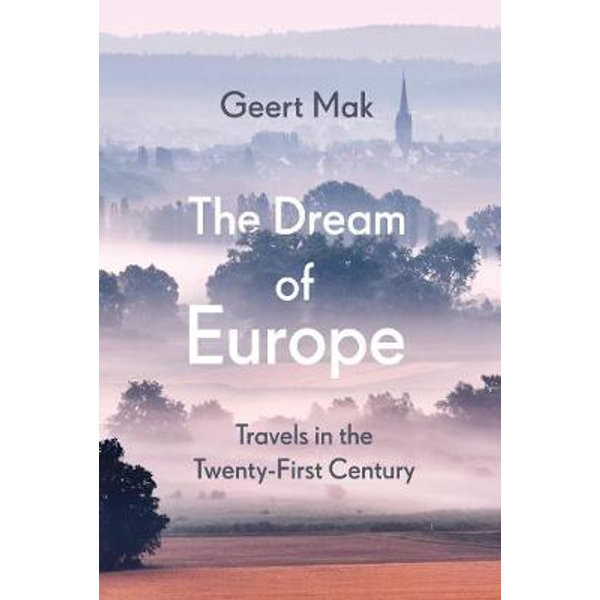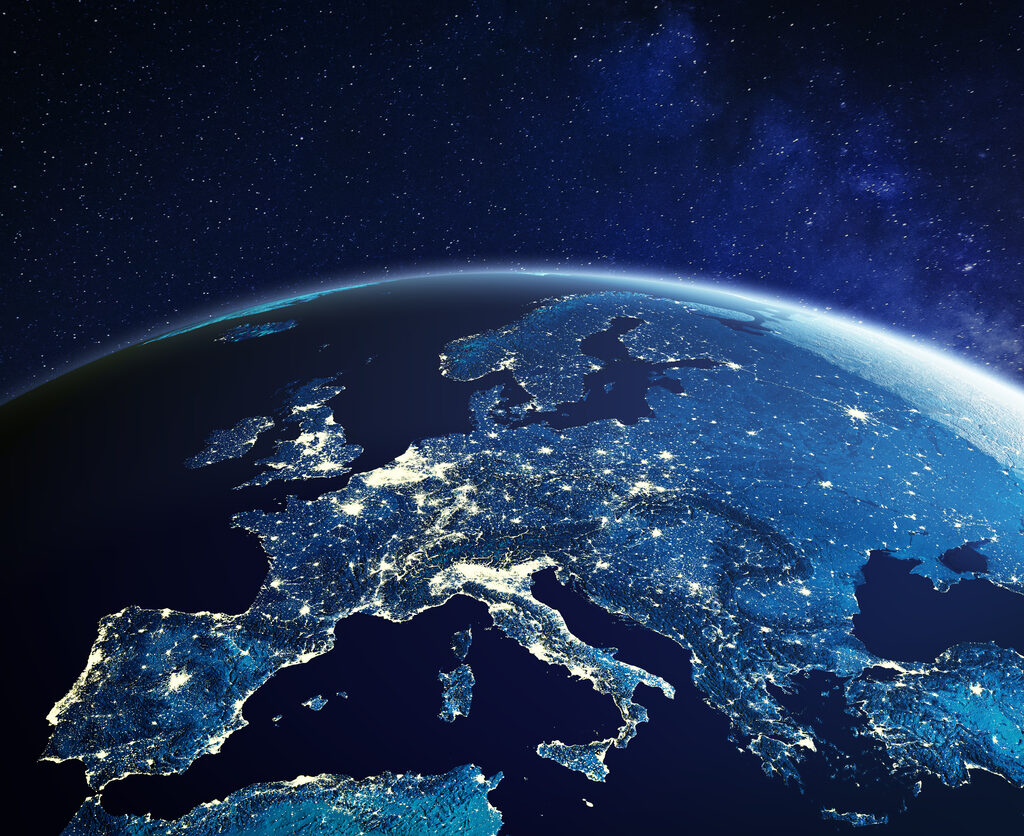Review: The Dream of Europe, Geert Mak
In 2004 Dutch journalist Geert Mak released an ambitious book titled simply In Europe, about Europe in the twentieth century and the European Union experiment at the end of the century. In his new, follow-up book, he writes while in 1999 Europeans were generally optimistic about the future, in 2019, that was no longer the case. The dream of Europe was precisely that – merely a dream, not reality. The gains of democracy that had rolled through eastern Europe were being pulled back – all over Europe, and the image of cooperation had fractured. Historian Tony Judt had written at the turn of the century that the twenty-first would be Europe’s century. At least to this point, 20 years in, he was very wrong.
Apart from an obvious geographical unity, there is something artificial about Europe, a Frankenstein’s monster of states very different from each other, nationalistic, wary of each other, conscious of difference and a history of conflict – like the original United States colonies, thrown together for mutual benefit, but susceptible to tears, inevitable when fabrics of such different natures are stitched together.
There have been glaring examples of disunity – nationalisms driving breakaway states, protests and suppression. In Russia, a fierce nationalism that aims to recapture former territories and that has seen Russia grow further apart from the culture of Western Europe has kept Putin and his kleptocrats in power. This tribalism extended to America, where Trump, while bizarrely deferring to Putin (who may well have significant dirt on Trump), with his ‘America first’ ideology, ridiculed Europe and cheered on Brexit. (Mak pretty-much predicts Putin’s push into Ukraine, helped by a weakened NATO.)

Brexit, of course, is another glaring example, and a sad tale of Britain cutting off its nose to spite its face. The reduction of impediments to trade and movement in a more united Europe made sense in a small area that had so many borders. The benefits of Brexit were hard to spot. The disingenuous Johnson pushed Brexit merely for his own political gain. When Boris had got Brexit done, Britain had lost its prominent place in European affairs, had lost trade and the opportunity for young people to work in Europe. One of the details Mak adds to make his point: British truck drivers could no longer bring their ham sandwiches into Europe. (It is unlikely they realised this mundane annoyance would be a result of Brexit.)
Of course, Brexit was partly fuelled by the refugee crisis of recent years, fears of Muslim immigration and Islamic terrorism (which, at times, reared its head as an infrequent but deadly reality). In Europe the politics of division led to even Christians from the Middle East being labelled Muslims. One Dutch media outlet used the oxymoronic phrase ‘of Muslim appearance’. While Germany welcomed young refugees into an ageing workforce, many older citizens were fearful and resentful. The changes had just been too great. (Of course, the experience was not the same for everyone – general trends are always muddied by the minority going against the flow.)
In eastern Europe there was some nostalgia for communism. While memories of particulars of the era faded, some felt they had at least known where they stood with the privation and surveillance. They missed the camaraderie, whereas the new Europe offered only competition and uncertainty, with eastern Europe often left behind.
Greed and individualism had worked its way through Europe. In the UK, privatization hadn’t meant better services – only the enrichment of former public servants turned CEOs (spectacularly so in Russia) and developers cosying up to politicians. Even within governments, salaries skyrocketed while the working class became lower paid, with more unstable jobs under the jazzed-up name of the ‘gig economy’ – as if a job was just a hobby.
Disparities remain evident between north and south, east and west. Disparities were most evident during the Financial Crisis, when austerity was forced on the working classes, yet banks were propped up and bankers’ salaries suffered no loss. This didn’t even make economic sense, says Mak. This was the darker side of the European experiment – ordinary people were part of the experiment over which they had no control and remote leaders had no concept of their suffering.
One of the great strengths of Mak’s book is his ability to summarise complex events at a high level and in such sensible fashion while focusing on how it all played out for ordinary people. As in his previous book, he travels and talks, to retirees, sailors, shop-keepers, some of whom he had encountered back at the close of the twentieth century. He says numerical figures don’t tell the full story, I guess something vital to keep in mind when we are thinking about such a varied, artificial, and ultimately shaky construction as Europe.
Nick Mattiske blogs on books at coburgreviewofbooks.wordpress.com and is the illustrator of Thoughts That Feel So Big.












